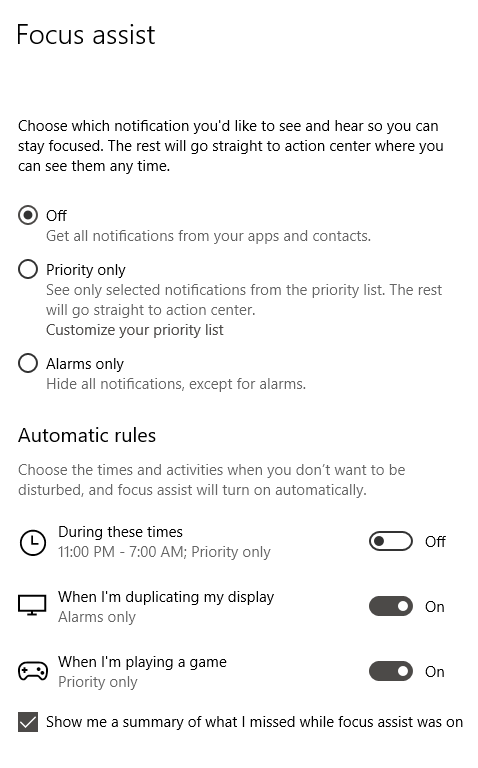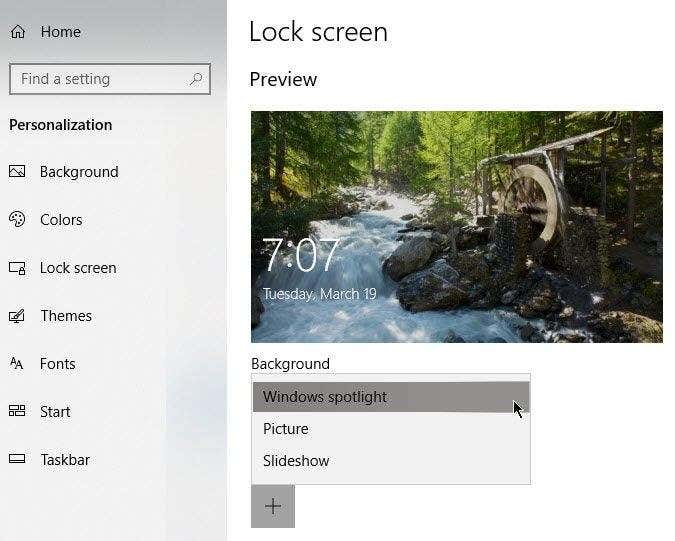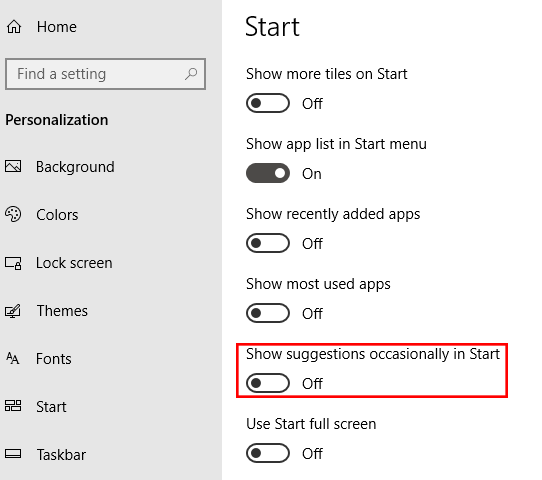Windows 10 notifications are important, but some people do find them annoying. Fortunately, getting rid of these pop-ups are as easy as editing a few settings.
This article will show you how you can fine-tune the types of notifications you see for a more pleasant Windows experience.
Turning Off All Notifications
To turn off the notifications, you need to go to Windows Settings > System > Notifications & Actions. Under the Notifications section, turn off all the notifications you want to prevent from popping up.
You can select settings that you want to toggle on or off:
- Show notifications on the lock
screen - Show reminders and incoming VoIP
calls on the lock screen - Show me the Windows welcome
experience after updates and occasionally when I sign in to highlight what’s
new and suggested - Get tips, tricks, and suggestions
as you use Windows - Get notifications from apps and
other senders

Alternatively, you can turn off specific app notifications. This will help you select which apps can send you notifications.

If you don’t want to receive any notification, turn everything off before you exit.
Hiding Notifications
There is also a way for users to hide notifications rather than turning them off entirely. This can be achieved through Focus Assist.

Go to Windows Settings > Focus Assist. This will bring up a set of options that allows you to configure what types of notifications you receive. You can also set what time Windows should cease from disturbing you.
Focus Assist can also be configured to hide notifications when you’re playing a game of when you’re duplicating your display.
It’s important to note that Focus Assist will not delete your notifications. They will be stored in Action Center and will remain there until they’re dismissed.
Hiding vs Turning Off Notifications
Should you hide notifications or disable them altogether? Well, it all depends and what type of apps you’re working with.
Social media apps can be aggressive with push notifications. But most of those settings can be managed from the app itself. Facebook, for example, lets you choose what type of notifications actions are sent to you.
If you need to prevent Windows from interrupting, you for a few hours then hiding notifications makes more sense.

But if you’re primarily using your computer at work, then you’d want to keep notifications private. Turning off all your social media notifications would be the smart choice.
Bonus: Disabling Lock Screen Ads
Sometimes what you think are notifications are ads in disguise. Some ads disappear the moment you turn off all notifications. However, some ads continue to live on in other places like your lock screen.
While they’re not necessarily considered as notification banners, wouldn’t it be nice to get rid of those pesky lock screen ads? Here’s how:

Go to Windows Settings > Personalization > Lock Screen. Under Background, select Picture or Slideshow from the drop-down menu.
Windows Spotlight displays cool wallpapers but would occasionally throw in an ad for games and other items for sale in the Windows Store. Choosing either Picture or Slideshow stops this from happening.
Note: You can also turn off ads in the Start menu. Go to Windows Settings > Personalization > Start.

Turn off Show Suggestions Occasionally in Start.
Related Posts
- Preparing for Windows 10 End of Support: Upgrading to Windows 11
- How to Fix a “This file does not have an app associated with it” Error on Windows
- How to Fix an Update Error 0x800705b4 on Windows
- How to Resolve “A JavaScript error occured in the main process” Error on Windows
- How to Fix the Network Discovery Is Turned Off Error on Windows